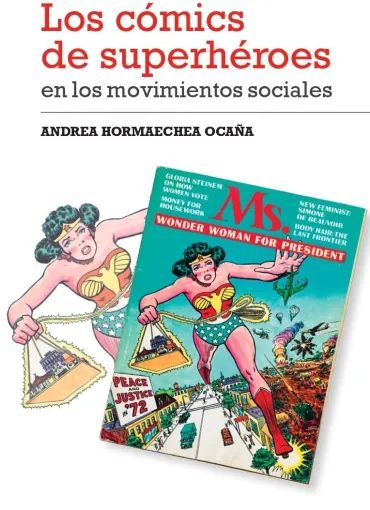Los cómics de superhéroes en los movimientos sociales. Transformaciones de la identidad estadounidense
Summary:
In the second half of the 20th century, the US identity--established in an imaginary that in its origin adhered to the archetype of the Founding Fathers and elevated the values of the middle-class white man--underwent an unprecedented change because of the surge of social movements in the 60s and 70s. These social movements started to reclaim all the secondary identities that were excluded from the race, gender, and class categorization that doomed them to inequality and social and political isolation. They demanded identity politics for all the US population based on diversity and cultural pluralism. This is how the second wave of Feminism, the fight for Civil Rights, Pacifism, Environmentalism, or the LGTB movement were born. Comics, especially superhero comics, are fundamental to convey these demands to social sectors far from the activism spaces. The superhero is presented as an influential individual of change in the process of raising public awareness, as well as keeping pace with social evolution in constant feedback between the socio-political and cultural circles. This book delves into this double connection through an approach that combines cultural and comic studies with US history and subjectivities, incorporating the gender, race studies and queer theory perspectives.


